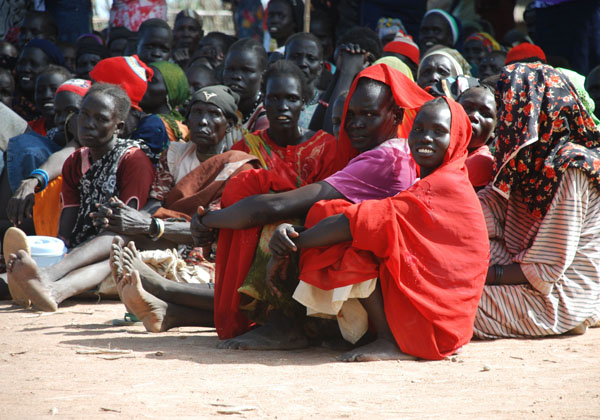
This opinion piece originally appeared on CNN.
"We can issue statements, but where's the leverage?" a despondent Western diplomat complained to a journalist after the Sudan armed forces invaded Abyei, driving more than 100,000 people from their homes and upending the faltering peace agreement that ended Sudan's long-running north-south war, which will culminate in the separation of Southern Sudan on July 9.
Despite widespread condemnation, the Sudanese government has chosen to wage war against its own people. It has bombed civilians and appears to be engaging in a campaign of ethnic cleansing against populations in the Nuba mountains of South Kordofan, continues to bomb civilians and deny aid to displaced persons in Darfur, and has accelerated support for dissident militias in Southern Sudan.
Although Monday's deal to get a robust contingent of Ethiopian peacekeepers into Abyei is a welcome development, it does not change the calculations of regime officials, who seem to believe they can disregard prior peace agreement commitments and face no serious consequences for their violence.
If past practice holds, regime officials would be absolutely correct. That's why it is crucial for the U.S. and other concerned countries to shift gears by creating consequences for bad behavior. The imperative must be to apply concrete pressure on the individuals most responsible for atrocities and most likely to spoil Sudan's historic chance for peace.
This will require combining enhanced diplomacy with coercive economic measures, and immediate steps to show that the U.S. stands on the side of groups defending civilians and supporting democracy in Sudan and Southern Sudan, and demonstrating that the hardliners in Khartoum — and the south and Darfur for that matter — who press for confrontation and routinely employ violence will face personal consequences.
There are four levels at which the U.S. can begin to tighten the screws on spoilers of peace in Sudan.
Click to continue reading.
Photo: Displaced women from Abyei wait to be registered to receive assistance in Aweng (Enough/Laura Heaton)

